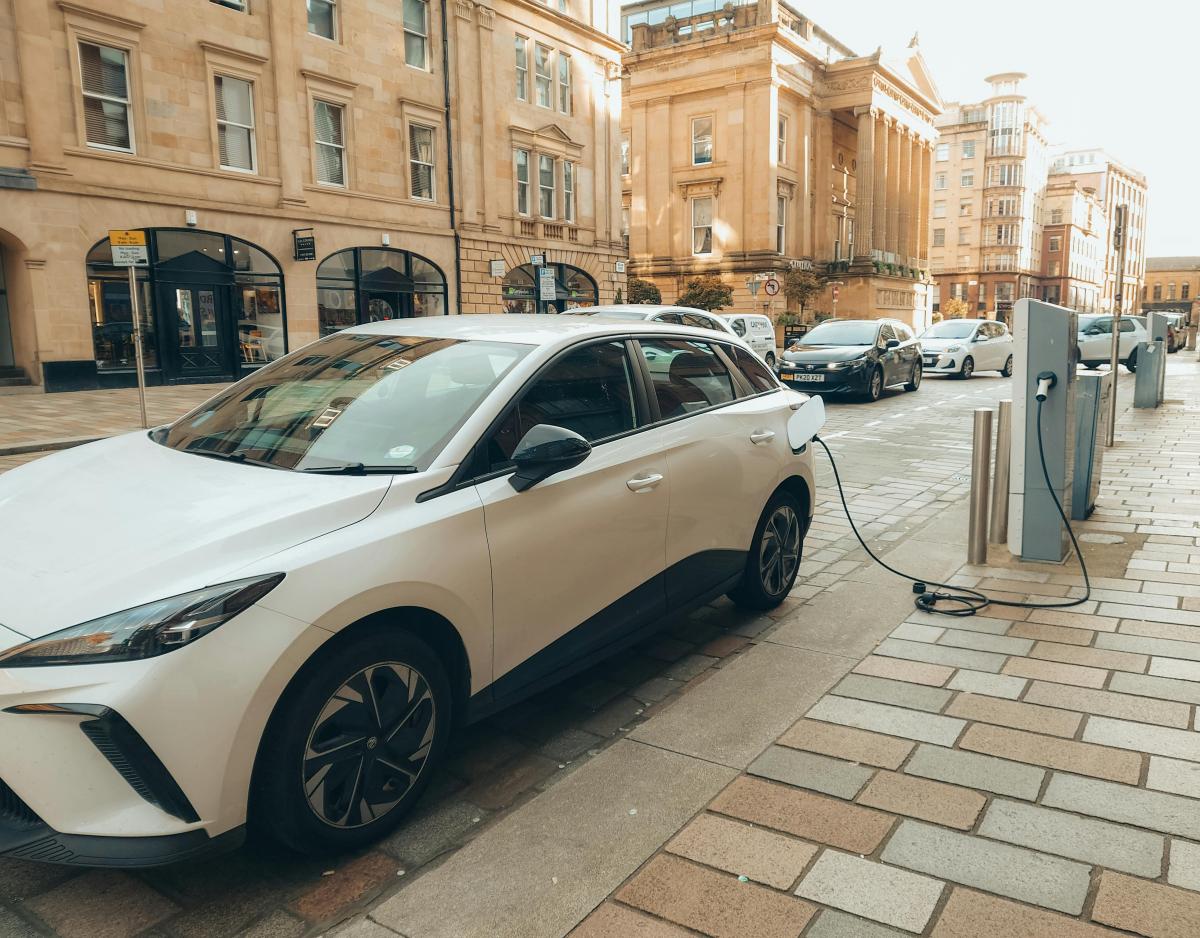In recent years, electric and hybrid vehicles have emerged as promising options for consumers seeking to reduce fuel consumption and protect the environment, amid a wave of technological advancements and global environmental trends. While both types share the same goal, each has its own features that determine its suitability for daily driving needs.
Electric vehicles, commonly known as EVs, run entirely on electricity stored in rechargeable batteries. They are highly eco-friendly, as they produce no carbon emissions during operation, making them an ideal choice for large cities struggling with pollution. Their main advantages include:
- Lower running costs, as charging is significantly cheaper than filling up a fuel tank.
- Simpler maintenance, since they don’t require engine oil or a traditional transmission.
- A quiet and smooth driving experience, thanks to the absence of engine noise.
However, electric vehicles also face some challenges, including:
- Limited range, requiring a recharge after typically 300 to 500 kilometers.
- Underdeveloped infrastructure in certain areas, makes it difficult to find charging stations.
- Long charging times compared to conventional refueling.
- High upfront cost, although they save money in the long run.
Hybrid cars, on the other hand, combine a traditional fuel engine with an electric motor, offering a balance between performance and efficiency. The vehicle automatically switches between both systems as needed, helping reduce both fuel consumption and emissions. Advantages include:
- No need for external charging, as the battery recharges during driving.
- Versatility for both city driving and long-distance trips.
- Noticeable fuel savings compared to conventional vehicles.
But hybrid cars also come with some drawbacks:
- More complex mechanics can increase maintenance costs.
- Limited electric-only range, as they can’t travel far using electricity alone.
- Higher maintenance costs if an electrical system component fails.
Ultimately, choosing the right car depends on your lifestyle and environment. If you drive short distances and live in a city equipped with charging stations, an electric car may be your best option. But if you frequently travel and need a more flexible vehicle that suits various conditions, a hybrid might be the more practical choice.
Please post your comments on:
[email protected]
 Politics
Politics













